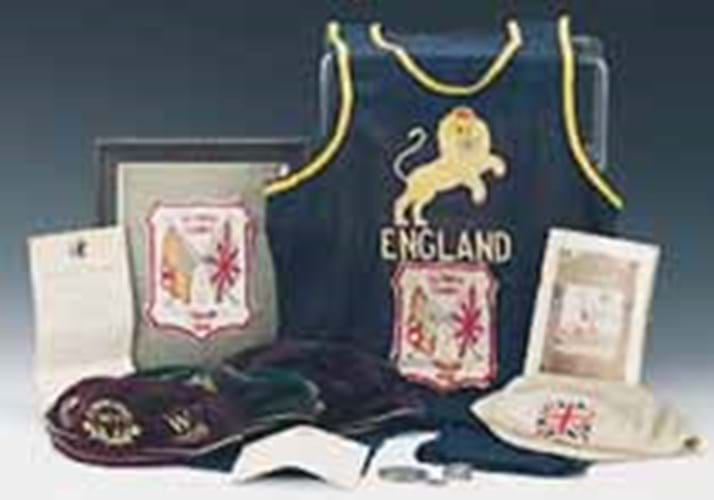
The games set certain modern-day standards. London 1908 was the first Olympics with a marathon run at 26 miles and 385 yards (the distance between Windsor Castle and the crowd in W12) and the first with a highly-organised opening ceremony. However, and not for the last time, they were to be marred by political controversy and nationalism.
The endless arguments between British officials and other countries that became known as The Battle of Shepherd's Bush began with the boycott of many Irish athletes following Britain's recent refusal to grant independence to Ireland. Then, at the opening ceremony, the United States delegation noticed the absence of the Stars and Stripes among the array of stadium flags fluttering in the dreadful weather. The American flag-bearer refused to dip the flag to Edward VII. "This flag dips to no earthly king," he said, and it hasn't since. The Finns, equally defiant, were told to carry the flag of their then-rulers, Russia. They marched empty-handed instead.
Owing to constant rain, the 1908 games were also probably the wettest in history - but presumably that would not have bothered Thomas H. Thould, a member of the victorious English water-polo team.
Memories of Thould's happy 1908 Olympic experience were revived at the quarterly fine sale conducted at Clevedon Salerooms near Bristol on June 17-18. Descendants of the Weston-super-Mare athlete entered his collection of memorabilia from the fourth games. The archive included a gold-trimmed navy blue England swimming costume with an embroidered crowned lion and Olympic badge, two similar England costumes, a team cap with an embroidered Union Jack, various velvet gold-trimmed caps, and other ephemera relating to the 1908 games. Military medals were also included from Thould's service in both world wars.
The one-off collection, pictured right, had been stored for 50 years in a long narrow glass case that sat on top of a wardrobe in a house in Weston-super-Mare. Estimated at £500-£700, the historically significant store of Olympic history sold to a North Country bidder on the telephone for £3300 (plus 15 per cent buyer's premium).
Thould's medal was not part of the collection, a shame especially as the 1908 games were the first ever to give genuine gold medals to the winning athletes. Its whereabouts, in the words of Marc Burridge of Clevedon Salerooms, "is just one of life's unknown mysteries".




